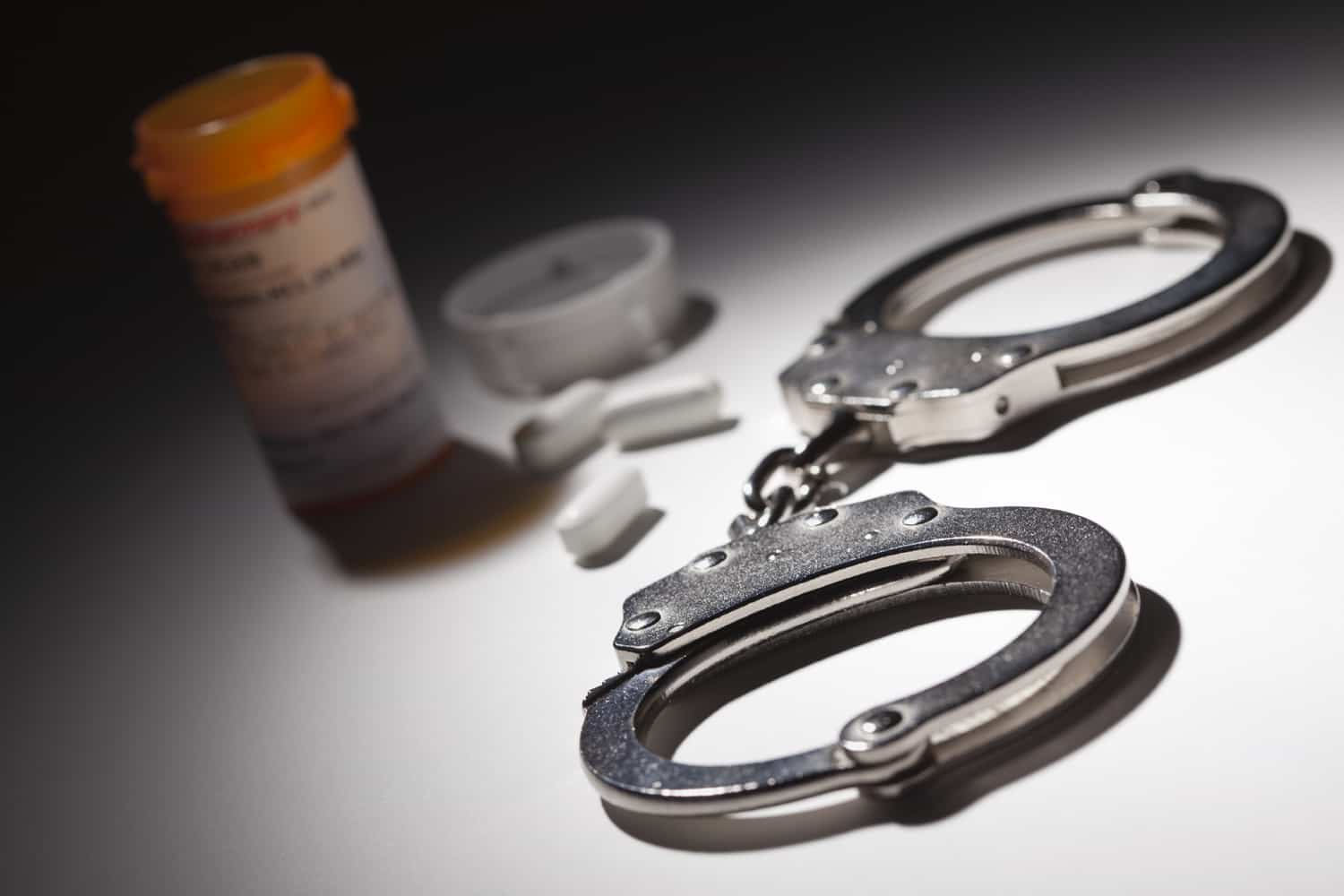Crimes of theft are aggressively addressed in Florida. The legal intricacies of stealing, whether it’s little larceny or grand larceny, must be understood. Keep yourself and your neighborhood protected by being informed.
Florida has a robust legal structure to handle a variety of crimes, including theft, thanks to its diversified population and thriving neighborhoods.
There are many different types of theft crimes in Clearwater, Florida. An individual can be charged for theft crime if they intentionally obtain or use another individual’s property.
This is regardless of whether they intended to benefit from this property either permanently or only temporarily. In other words, “borrowing” without consent is still theft. It’s also theft if you prevent an individual from benefiting from his or her own property.
Theft Crimes Exist in Florida
Anyone visiting or living in Florida would do well to familiarize themselves with the ins and outs of theft charges. This article will examine the many theft offenses that may be committed in the Sunshine State, including their legal definitions, punishments, and consequences.
If you find yourself being charged with committing theft, you should act as quickly as possible by contacting William Hanlon Clearwater criminal lawyer, immediately.
For you to be charged with a theft crime, it has to be proven that you had the specific goal of taking or using property that belonged to someone else. An experienced lawyer can offer effective defenses against a theft charge.
For instance, it could be argued that you had full or partial ownership of the property in question or had the property owner’s consent. It could also be argued that you acted out of absolute necessity or under duress. This would be a solid case to be made by a competent lawyer in your defense.
There are 2 overall types of theft you can be charged with: felony grand theft or misdemeanor petit theft. Which one you will actually be charged with depends on the type of stolen item and its established value.
For felony grand theft, the property has to have a value of over $300. If it’s below this, it would be misdemeanor petit theft.
Within this, the theft of an item that is valued under $100 is considered second-degree misdemeanor petit theft. If you are convicted of this, it can mean an incarceration for 60 days and a fine of $500.
If the property stolen as a value between $100-$300, it is considered to be first-degree misdemeanor petit theft. A conviction for this will mean an incarceration for up to one year and a fine of $1000.
However, if you have a previous conviction and are again convicted of petit theft, you can be charged with a first-degree misdemeanor. If you have two prior convictions for theft and are now convicted for petit theft, you can be charged with third-degree felony.
Given how the situation can escalate if you have prior convictions, it is important to have a qualified, experienced lawyer on your side in this situation.
When property has a value of between $300-$19,999 or said property is motor vehicles, firearms, traffic signs, or commercial farm animals, the individuals feeling it will be charged with third-degree grand theft.
If you find yourself convicted for this, you can be incarcerated for up to 5 years and face a $5000 fine. If you’re convicted in the theft of any property that is value between $20,000-$99,999, this is second-degree grand theft and you will face incarceration for up to 15 years and receive a fine of $10,000.
First-degree grand theft is a much more serious type of theft and applies in cases where the value of the property stolen is $100,000 or greater or when the defendant causes more than $1000 in damages to personal property.
If the court convicts you of this crime, you can be incarcerated for up to 30 years and fined $10,000.
Obviously, being charged with theft in Clearwater, Florida means that need to find an aggressive, highly experienced lawyer who can help you with your defense.
At Hanlon Law, they can bring all of our resources to bear on your case to provide you with the best possible defense in your particular circumstances.
Legal Consequences and Defenses
A. Legal Consequences
Florida law imposes harsh penalties for stealing, including jail time, monetary fines, probation, and victim compensation.
B. Defenses
Possible defenses against accusations of theft include not intending to steal, being mistaken for someone else, or having permission. An experienced criminal defense attorney can evaluate the case’s unique facts and build a strong defense plan.
In summary
Finally, there is a wide range of theft crimes committed in Florida, from petty theft and other lesser charges to more severe felonies like as robbery and carjacking.
It is crucial for people to have a good grasp of the legal differences and their implications in order to navigate the state’s legal environment.
It is essential to get legal assistance while facing theft allegations in order to construct a solid defense and understand the intricacies of the judicial system.
FAQs: Theft Crimes Exist in Florida
For More LAW Information and Theft Crimes in Florida, Visit Ebuzz Spider. Follow us on Facebook, Twitter, and Subscribe for Daily Updates To Your Mail Box.












































































